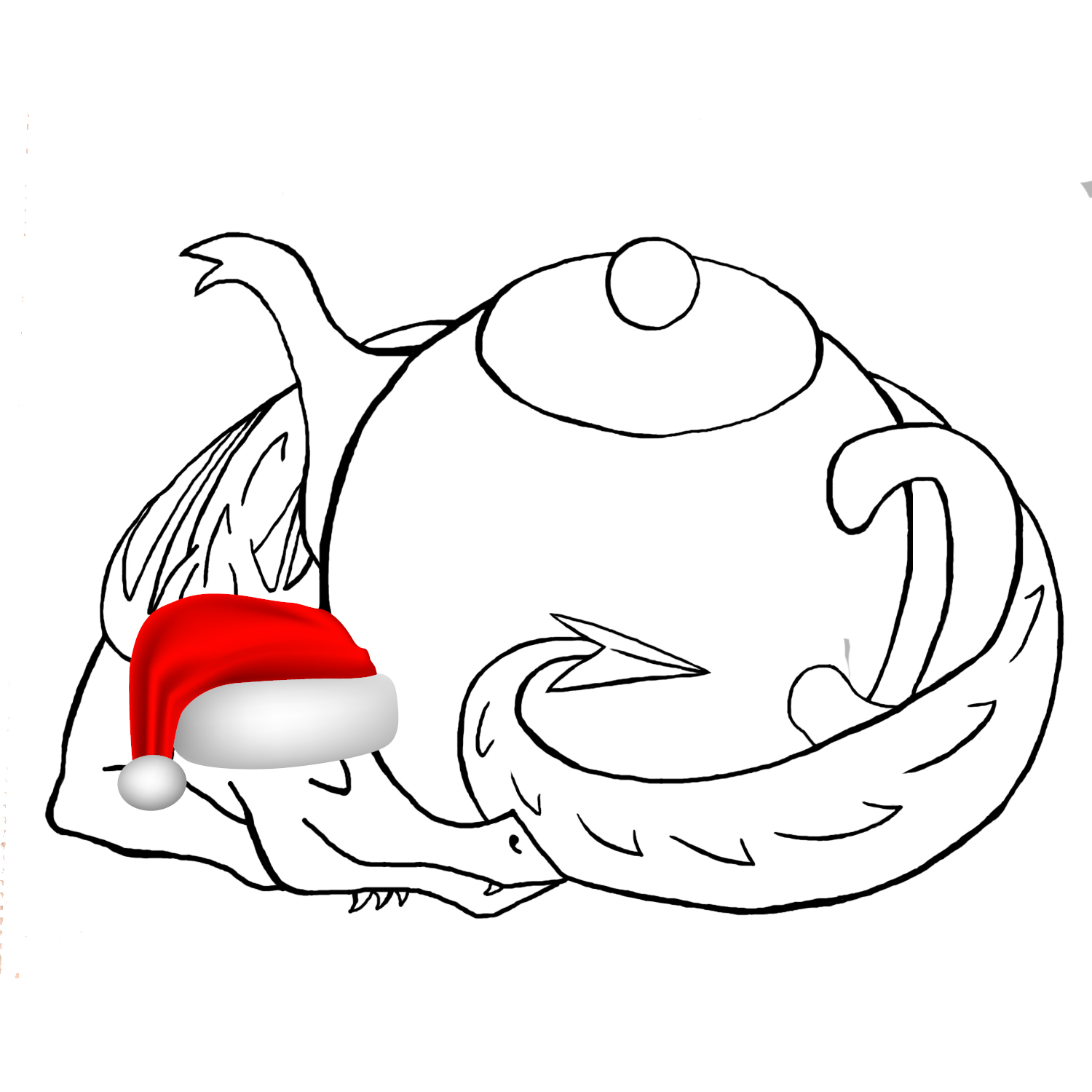An Introduction to Genre
Have you ever invited to the movies and asked what kind of film it is? If your friend replies something like action, adventure, horror, rom-com, sci-fi, fantasy, or western, the chances are that you’re going to have a reasonable idea of how the next couple of hours will pan out. It’s the same with books.
What is Genre?
The classifications of stories according to their style and content is what we call genre. When you walk into a book shop and head for a particular section (mine is usually sci-fi and fantasy), you’re gravitating towards a particular genre. That’s not to be confused with the age rating. If you head to the 8-12s section of your local Waterstones, you will find a mixture of genres.
Why do we do this? Partly because we’re humans and we love to categorise things but partly because it’s helpful. If you like books about aliens then you’ll know where to find them without having to wade through shelves of paranormal horror first. You may ask whether this serves to keep people reading the same things and never branching out, but by the time you are an adult, your tastes are fairly settled.
The reason I read so much sci-fi and fantasy is because I love made up worlds, exciting adventures, magic systems, and dragons. The reason I don’t read many historical romances is because I find them cheesy. All the same, knowing what you like shouldn’t prevent you from trying something new now and then. As a young teenager, I had great disdain for graphic novels because I believed them to be picture books for grown ups (this is the girl who grew up on Asterix and Obelix). How could they have much substance is there were hardly any words in them? Then I read Maus. Now I enjoy the occasional graphic (but not too graphic) novel.
All that was an aside. The point is that genre (coming from the French word for ‘type’) is a name for the way we categorise books. It’s helpful to know your own tastes as your writing will reflect them. It’s also important to know what genre your book falls into for when you are ready to think about publishing.
Examples of Fiction Genres
There are any number of genres, depending who you ask, and a multitude of sub-genres within them, some of which cross over. The most widely recognised in fiction are:
Fantasy: This category is generally set in a fictional world, often a semi-medieval universe. Magic exists in most fantasy books. Supernatural beings, wizards, or other mythical beings can be an important part of the plot. Some well-known examples would include Lord of the Rings by Tolkien, C. S. Lewis’ Chronicles of Narnia, and The Name of the Wind by Patrick Rothfuss.
Sub-genres include high fantasy, fantasy romance, allegory, dark fantasy, fairytales and retellings, urban, fantasy realism, gothic, and a variety of others.
Sci-fi: Science fiction is often mistaken for one of its sub-genres, space opera. This may be caused by the popularity of Star Trek. In reality, it is a book in which scientific knowledge and speculation about where science may lead is a main part of the plot. These can take place in any time and any setting, not just on a spaceship.
Asimov’s I Robot and Huxley’s Brave New World are good examples of sci-fi, both speculating about where technology will lead the human race. Ender’s Game, on the other hand, falls within sci-fi but is more what people expect from the label.
Sub-genres include hard sci-fi, military, steam/cyber/diesel punk, sci-fi western, space opera, dystopian, sci-fi horror, time travel, alternative history, parallel worlds, speculative fiction. . . You get the idea.
Mystery: Think of your classic whodunnit and that’s a basic introduction to mystery writing. On the whole, there is a crime or a mystery (who would have guessed?) and a detective or an interested party will seek to solve it.
There aren’t really any sub-genres that don’t already belong to other genres. Solid examples include Agatha Christie’s books and, of course, Sherlock Holmes.
Thriller: Mysteries come under this umbrella a little but thrillers are very much characterised by the atmosphere and mood that they create. On the whole, they evoke heightened levels of suspense, anticipation, and anxiety. Often, they will have crimes or some serious threat. Stephen King and John Grisham are two of the current top writers in the genre but I can’t condone all that they have written.
Sub-genres include political, psychological, techno, legal, conspiracy, comedy, and disaster.
Historical Fiction: This is one of the easiest to explain. It’s exactly what it says on the tin, a made up story set in the past. Sometimes the author will include real historical figures but more often than not, the main characters are fictional. Despite this their context, and often the events around them are not. Some good examples include The Roman Mysteries series by Caroline Lawrence, Waiting for Anya by Michael Morpurgo, and Austen’s Persuasion.
Sub-genres include historical romance, western, time travel, alternate history, and mystery.
Horror: The definition has changed somewhat over the years to become a genre in which the idea is to unsettle the readers by startling them, disgusting them, or scaring them. Once upon a time, thrillers would have fallen into this category. There is usually an eerie or frightening atmosphere — in modern times commonly provoked by something scary lurking in a place assumed to be safe. Older books include Frankenstein and Dr Jekyll and Mr Hyde but one would be hard pressed to recommend any wholesome reading in the category now.
Sub-genres include action, comedy(?!), psychological, slasher, supernatural, zombie, gothic, and many more.
Moving on swiftly.
Romance: The last of the genres that I’m going to mention is romance. It’s self-explanatory. Often used as escapism, these books focus on love and relationships, with the main aim of the plot being to end up in a relationship or married. The difference between something with a romance sub plot and a romance novel is that in the romance genre, the focus is the love story.
Honestly, it’s not my favourite genre because, in the modern day, it’s easy to pick up a book that claims it’s romance but is actually just inappropriate. There is a danger to reading exclusively romance. Such people often end up with unrealistic life expectations. That being said, some of my favourite romances include Precious Bane by Mary Webb, Austen’s books, and Shakespeare’s As You Like It.
Sub-genres include rom-com, chick lit, historical romance, Christian, Amish, Mennonite, contemporary, paranormal, inspirational, and others that cannot be counted and shouldn’t be mentioned but are by regular book dealers.
So Why Does it Matter?
Knowing a little about genres in general is important to all writers. Knowing a lot about your chosen genre is equally important. If you know what readers expect, you will be able to better categorise your own book so that when it is published, it will reach the people who will enjoy it.
Think about the books you enjoy that fall into the same genre. They will have similar themes, they’ll use the same tropes, and there will be similar character types and plot ideas that occur.
It’s important to write for yourself, but it’s also important to know what it is you are writing. When you are ready to publish, this is one of the first things people will ask. Knowing will help you find an agent since many of them say they’re looking for particular types of books. Even if you self-publish, you need to know because if you want people to read it, you need to know who you’re aiming for.
That was a very quick-fire and not terribly in-depth introduction to genre and why you need to know what it is but I hope it helped!
Your Turn
- What’s your favourite genre to read/write in?
- What genre is your current WIP? How can you tell?







